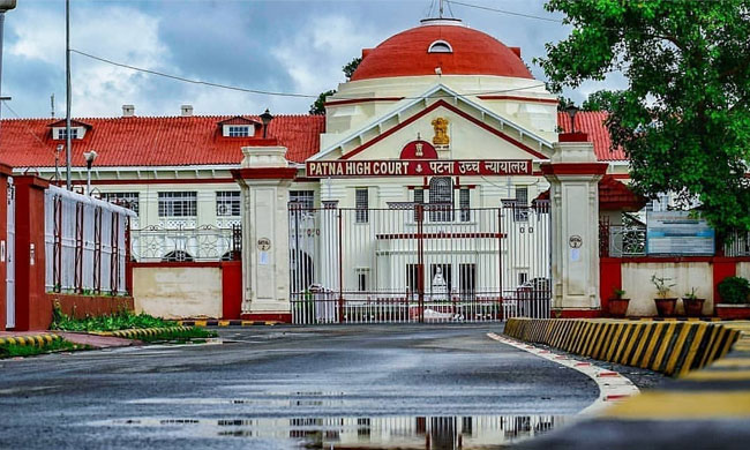Conditions Enunciated In Section 37 NDPS Act Not Applicable In Juvenile's Case; S. 12 JJ Act Overrides S. 37 NDPS Act: Patna High Court
Sparsh Upadhyay
26 Dec 2020 4:31 PM IST

Next Story
26 Dec 2020 4:31 PM IST
The Patna High Court on Wednesday (23rd December) ruled that the negation and conditions as enunciated in Section 37 of the NDPS Act, will not be applicable in the case of a juvenile. The Bench of Justice Sudhir Singh also opined that the intention of the legislature was to give an overriding effect to Section 12 of Juvenile Justice Act over Section 37 of the NDPS Act. The matter...
